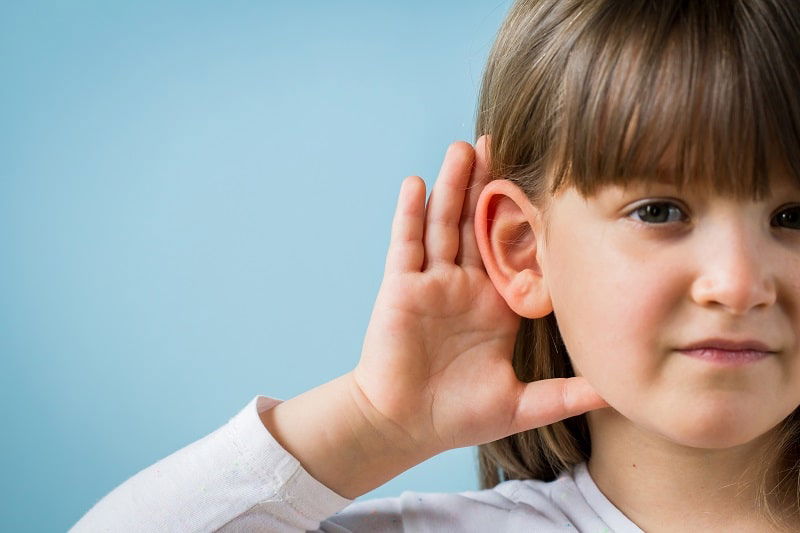As 5 out of every 1000 children are impacted by hearing loss in the United States, protecting and assisting the youngest members of the hard of hearing community is vital. At young ages, students are experiencing important development in their social, emotional, and academic skills, which can be delayed or stunted by a hearing loss diagnosis. This is a problem New Jersey legislators understand, as they are helping improve education for their deaf, hard of hearing, and deaf-blind students with two new pieces of legislation this past June. Signed by Acting Governor Sheila Oliver and passed the full Assembly by a unanimous vote of 77-0, legislation S2044 and S2045 are helping bring needed resources and address pressing issues in New Jersey classrooms to better suit the needs of their deaf and hard of hearing student population.
How Do These New Laws Help?
Both pieces of legislation are critical improvements to the New Jersey educational system and their ability to respond to the needs of their hard of hearing students. S2044, the first of two pieces of legislation, establishes a “Deaf Student’s Bill of Rights” and requires school districts to provide critical services to deaf and hard of hearing students. Services such as access to appropriate screening and assessment of communication and language needs, and the continuation of screening and evaluation services throughout the educational experience, full support services provided by qualified and certified professionals in their educational settings, and much more which Human Services Commissioner Carole Johnson says is important. “Access to early intervention supports and ongoing services throughout the lives of children who are deaf, hard of hearing, and deaf-blind can make a significant difference by developing strong language and literacy skills that will help them succeed.”
The second piece of legislation, S2045, establishes a Working Group on Deaf Education within the Department of Education (DOE) that will make recommendations on issues related to the early linguistic development of children who are deaf or hard of hearing and issue a yearly report. Perhaps the most important part of S2045 is the creation of a parental resource guide for hard of hearing families. Family resources, as Assemblywoman Annette Quijano, a primary sponsor of both pieces of legislation, explains is as important as ever. “Around 96 percent of children with hearing loss are born to parents with intact hearing, who may initially know little about deafness or sign language.”
What Does The Future Look Like In New Jersey Classrooms?
Though these laws are a crucial step in the right direction, there is still more work to be done in the eyes of New Jersey lawmakers. “We’re eager to expand upon the collaborations that we’ve established with stakeholders in this area, and we strive to continually improve the educational programs and services that we offer to children,” states Education Commissioner Lamont O. Repollet, “With these bill signings, New Jersey is making clear that we support building strong futures for deaf, hard of hearing, and deaf-blind children.”




